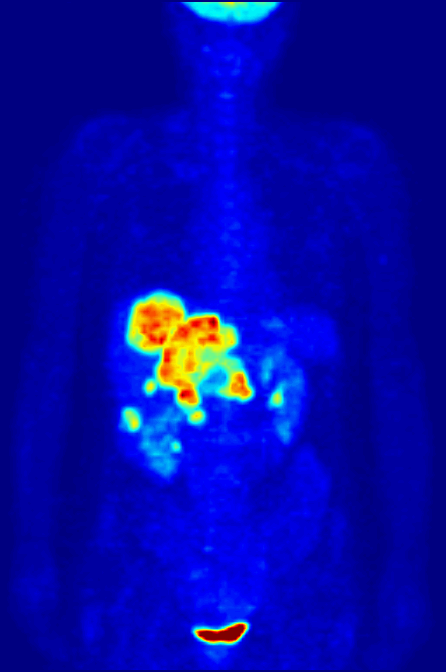Scale AI's Lucy Guo on Work-Life Balance: Find Work You Love

In a provocative statement that challenges common perceptions of work-life balance, Lucy Guo, the 30-year-old co-founder of Scale AI and the youngest self-made female billionaire, asserted that young professionals may not need to seek a balance if they are engaged in work they genuinely love. Speaking to Fortune, Guo stated, "If you feel the need for work-life balance, maybe you’re not in the right work." This perspective aligns with a growing trend among entrepreneurs advocating for intense work schedules, reminiscent of China's 996 work culture, which demands 9 a.m. to 9 p.m. commitments six days a week.
Guo's personal work ethic is reflected in her demanding daily routine, which includes waking up at 5:30 a.m. and often not finishing her workday until midnight. She maintains that her work does not feel burdensome; instead, it is a source of passion. "I probably don’t have work-life balance. For me, work doesn’t really feel like work. I love doing my job," she explained. This sentiment resonates with a segment of the workforce, particularly among startup founders, who are increasingly vocal about the necessity of extreme dedication and long hours to achieve success in a competitive landscape.
The concept of work-life balance has been a focal point for millennials and Generation Z, who prioritize personal time and well-being. A 2023 report by McKinsey & Company indicated that nearly 50% of younger workers would consider leaving their jobs if they felt overwhelmed. However, Guo's remarks raise questions about the underlying motivations for job dissatisfaction. If engagement in fulfilling work can mitigate the desire for balance, as she suggests, it may prompt a reevaluation of career choices among young professionals.
Industry leaders have echoed Guo's sentiments. Harry Stebbings, founder of the 20VC fund, noted in a recent LinkedIn post that the intensity of work in Silicon Valley has increased and that European startups must adapt to this environment. Similarly, Martin Mignot, a partner at Index Ventures, remarked that the 996 model has quietly become the norm in the tech industry.
Despite the push towards longer hours, experts caution against the sustainability of such practices. Leah Cotterill, CEO of Cigna Healthcare Middle East and Africa, shared her own struggles with work-life boundaries, stating, "I don’t know that I finish work psychologically." This sentiment was echoed by Princess Noura bint Faisal Al Saud, CEO of Culture House, who identified as a workaholic, stating, "I’m always working 24/7 because I enjoy what I do."
While Guo's philosophy may resonate with some, it raises broader societal implications regarding the evolving expectations of work in the modern economy. A leaked memo from Sergey Brin, co-founder of Google, suggested that a 60-hour workweek might be the optimal strategy for career advancement, a notion that could further entrench the culture of overwork.
As the dialogue surrounding work-life balance continues, Guo's perspective could inspire a shift in how young professionals approach their careers. By aligning passion with work, the need for balance may diminish, but it also invites scrutiny of the long-term effects of such a relentless pursuit of professional success. The question remains: can the relentless work ethic championed by figures like Guo foster sustainable career satisfaction, or will it ultimately lead to burnout among younger generations? In this rapidly changing landscape, the pursuit of both passion and balance will likely shape the future of work for years to come.
Advertisement
Tags
Advertisement





